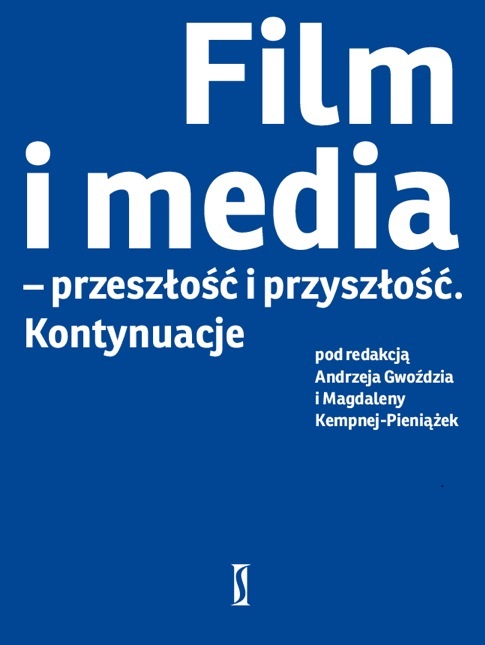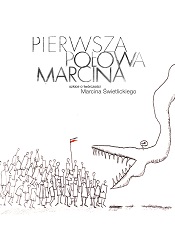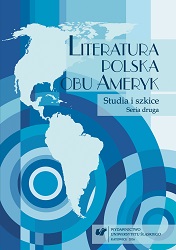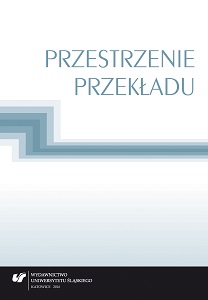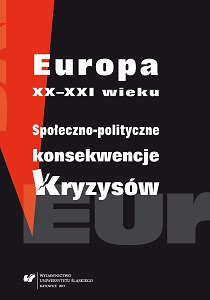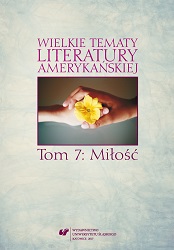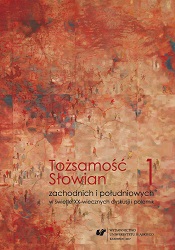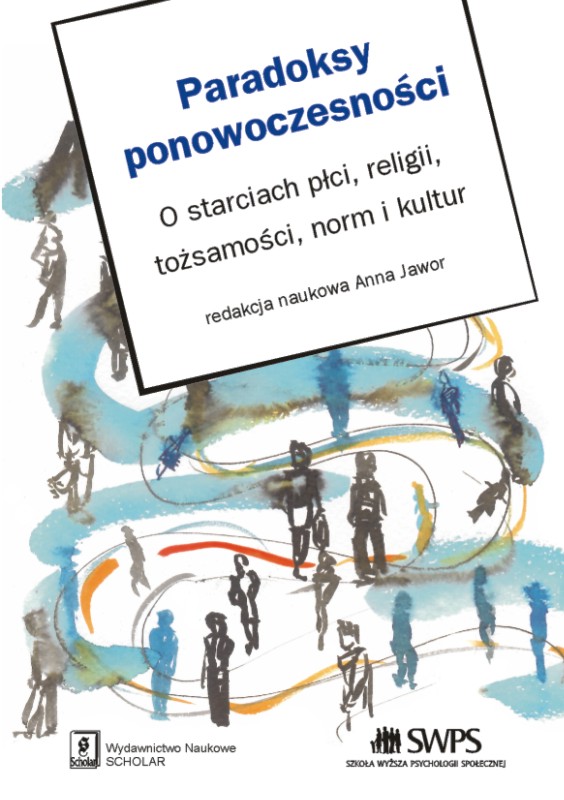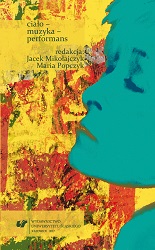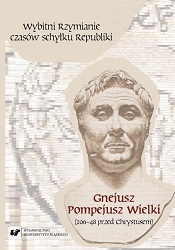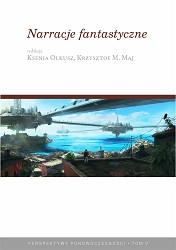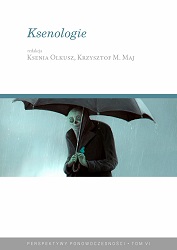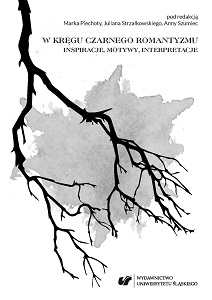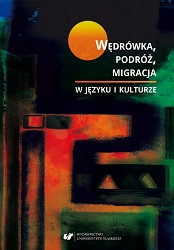Gaja, Eden i Medea. Przetworzenia ekotopii w dystopii młodzieżowej
Author(s): Anna Bugajska / Language(s): Polish
/ Publication Year: 0
Keywords: ecotopia;dystopia;Nature;young adult dystopia;metaphor;posthuman
The chapter contains an analysis of the ecotopian motifs in the narratives of N. Farmer (the Matteo Alacrán novels, 2002; 2013), S. Collins (“The Hunger Games” cycle, 2008-2010) and M. Lu (the “Legend” cycle, 2011-2013), which belong to the contemporary dystopian literature for young adults. The basic device looked into is personification, working along the traditional, intuitive connection between pristine Nature and a small child. The authors depart from the typical anthropocentric picture of children’s literature, and tend to orient themselves towards the posthuman and the extended self, endorsing the inclusive worldview. The classification used in the study—Nature-endorsing and Nature-skeptical narratives—reposes on the landmark publications of Noga Applebaum (2009) and Zoe Jaques (2015), and is supplemented with references to broadly understood ecocriticism. The first part of the chapter discusses the relation between Farmer’s novels—as the closest to Callenbach’s “Ecotopia”—to the Gaia hypothesis. The second part concentrates on the transformation of the Eden motif in Lu’s cycle, and the third part investigates the interplay between the Medean Katniss and the “ecotopian” Prim in Collins’s books. The analysis confirms the destabilization of anthropocentrism in the juvenile fiction and its posthumanist slant, as well as the gradual decline of the romanticized vision of Nature and technophobic narratives. The myth of healing, regenerative Nature is shown as outdated and even harmful. Although most of the personifications discussed in the chapter fall into the Nature-endorsing attitude, which subjects Nature to human beings, the authors lay bare the manipulative aspect of such devices as an element of social engineering, which burdens citizens with the fight for what is already lost. Instead of the classic Eden, the writers construct technological paradise, which sustains ecotopian dreams only in the form of simulations or hybrid forms, connecting human, Nature and machine.
More...
